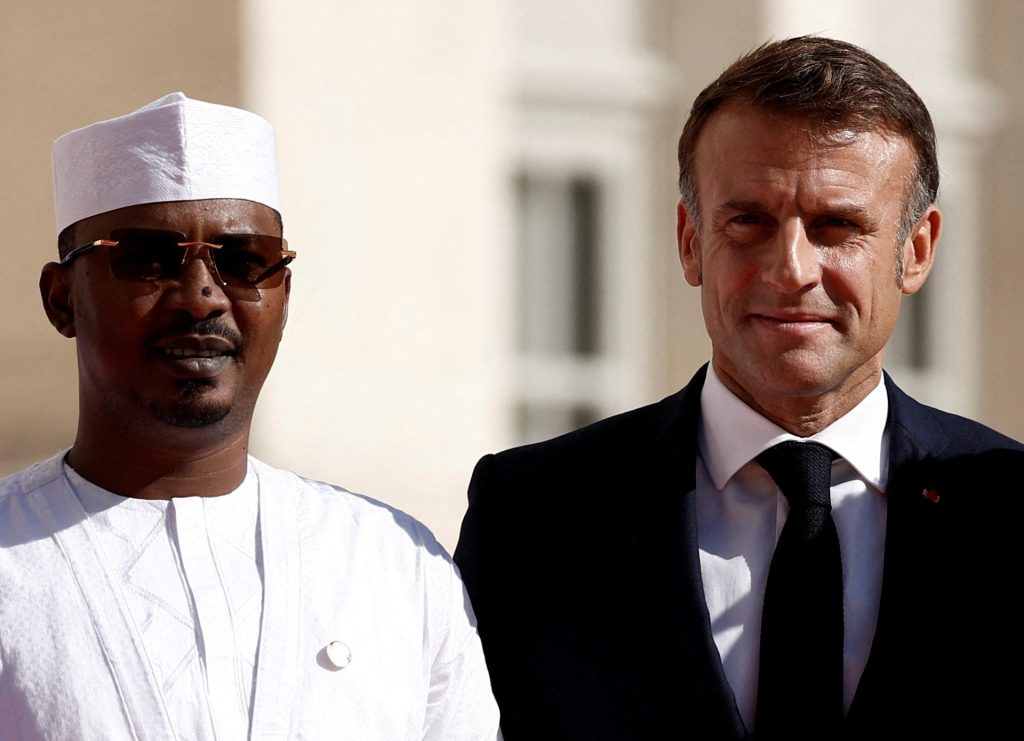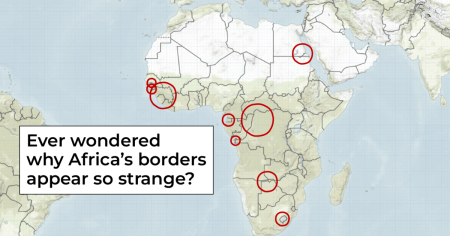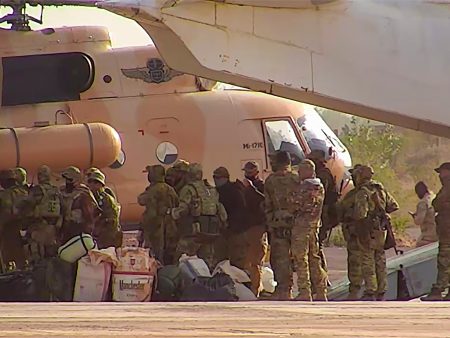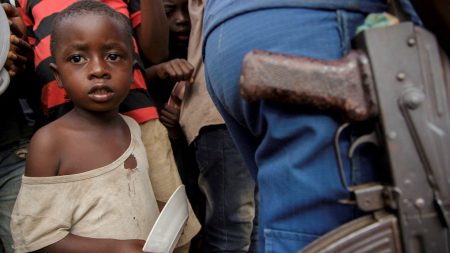Chad’s recent announcement to end its defense cooperation agreement with France marks a significant shift in its geopolitical relationships, reflecting a broader trend among Sahel nations increasingly gravitating towards Russia. Foreign Minister Abderaman Koulamallah emphasized the importance of Chad’s newfound sense of sovereignty, stating that the country has matured and is increasingly protective of its autonomy. This decision comes shortly after a visit from French Foreign Minister Jean-Noel Barrot, highlighting the complexity of France’s historical ties with its former colonies in the region. While acknowledging France as an essential partner, Koulamallah pointedly indicated that Chad is seeking to redefine its strategic partnerships moving forward, particularly amid a backdrop of rising Russian influence in West Africa.
The termination of the defense agreement is notable not only for the diplomatic ramifications but also because it represents a shift in military strategy. Currently, around 1,000 French soldiers are stationed in Chad alongside warplanes, serving as France’s last military foothold in the Sahel region after similar withdrawals from Mali, Niger, and Burkina Faso due to recent military coups. This evolving relationship indicates a desire in Chad to distance itself from Western military influence while potentially pivoting toward more favorable relations with Russia, especially given the presence of paramilitary forces from Russia’s Wagner Group operating in neighboring countries.
Chad’s Foreign Ministry’s press release articulated the government’s desire to assert its sovereignty after over six decades of independence. The statement also assured that the transition from the defense agreement would be done amicably and with respect to the terms of their longstanding cooperation with France. Koalmalah, however, did not specify a timeline for the complete withdrawal of French troops, illustrating the sensitive nature of the transition and the necessity for diplomatic engagement to facilitate a smooth process. This conclusion of military cooperation underscores Chad’s priority to establish itself as a fully sovereign entity in international affairs.
While Chad’s move to assert its independence aligns with its broader ambition to cultivate a stronger national identity, it also reflects a growing realignment among West African states. Senegal’s President Bassirou Diomaye Faye echoed similar sentiments by suggesting that the ongoing presence of French troops in Senegal is increasingly reconsidered. His remarks indicate a potential trend where West African nations may also question their reliance on French military support, ultimately pointing towards a possible broader disengagement from traditional Western alliances in favor of new partnerships.
The geopolitical landscape in the Sahel is undeniably changing, primarily driven by the regional fallout from increasing instability and the aspirations of leaders seeking greater autonomy. Over the past two years, several countries in the region have witnessed military coups and significant shifts in political leadership, prompting a re-evaluation of their foreign partnerships. The growing influence of Russia in the region adds another layer of complexity, as countries like Chad explore alternative alliances that may offer different forms of military and economic support, particularly in the face of security threats from armed groups operating in the area.
In conclusion, Chad’s decision to terminate its defense agreement with France is a pivotal moment that underscores its desire for greater sovereignty and reflections on shifting geopolitical dynamics in the Sahel. As countries in the region distance themselves from traditional Western influences and explore partnerships with Russia, there is a profound transformation occurring in the political landscape. This transition not only shapes Chad’s foreign policy but also signals potential changes in military alliances across West Africa, with national leaders striving to assert their authority and redefine their roles on the global stage.










